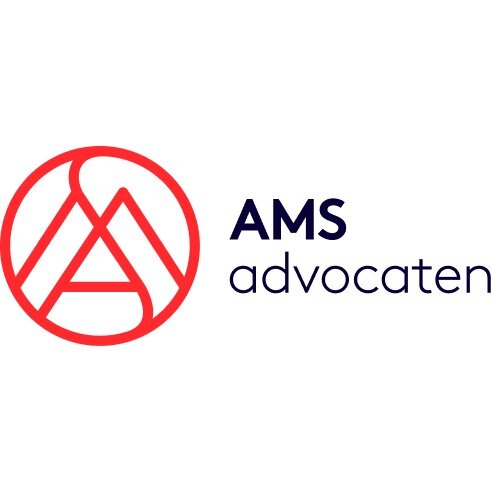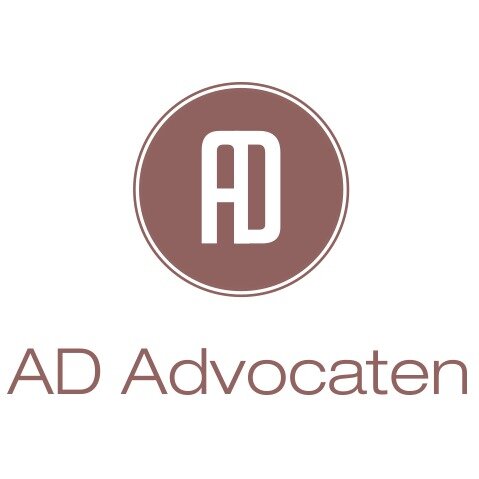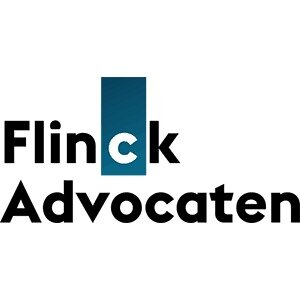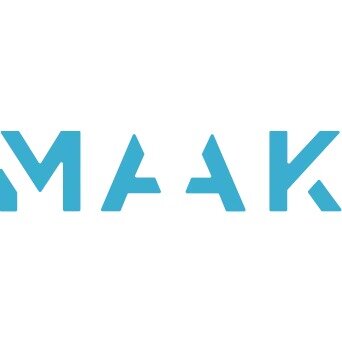Best Tax Increment Financing Lawyers in Amsterdam
Share your needs with us, get contacted by law firms.
Free. Takes 2 min.
List of the best lawyers in Amsterdam, Netherlands
About Tax Increment Financing Law in Amsterdam, Netherlands
Tax Increment Financing (TIF) is a public financing method that is used to subsidize community and economic development projects in the Netherlands, including Amsterdam. It allows local governments to leverage future increases in property tax revenues to fund current improvements or projects. Although commonly used in the United States, the concept is gaining traction in Europe, including the Netherlands, as a way to stimulate urban renewal and community development without directly increasing the local tax burden.
Why You May Need a Lawyer
Engaging with Tax Increment Financing in Amsterdam can be complex due to its multifaceted legal and financial implications. Individuals or businesses may need a lawyer in the following situations:
- Project Development: For advice and representation in structuring TIF agreements, negotiating terms, and ensuring compliance with local laws.
- Regulatory Compliance: Navigating the regulatory framework, including zoning laws and environmental regulations.
- Dispute Resolution: Addressing any legal disputes that may arise during or after development projects.
- Strategic Planning: Understanding tax implications and financial strategizing to optimize benefits.
Local Laws Overview
In Amsterdam, local laws regarding Tax Increment Financing involve several key components:
- Municipal Authority: Local governments have the authority to designate TIF districts and approve TIF plans, which must align with broader urban planning goals.
- Public Consultation: There is an emphasis on community involvement, requiring public consultation during the planning phases.
- Project Eligibility: Projects must meet specific criteria, often focusing on redevelopment in areas deemed 'underdeveloped' or 'blighted.'
- Financial Reporting: Detailed financial reporting and transparency are necessary throughout the duration of the TIF agreement.
Frequently Asked Questions
What is the primary purpose of Tax Increment Financing in Amsterdam?
The primary purpose is to stimulate economic development and urban renewal without directly increasing local taxes, by leveraging future property tax gains to fund immediate projects.
Who can initiate a TIF project?
TIF projects are typically initiated by local governments, although private developers can propose projects for approval.
What types of projects are typically funded through TIF?
TIF funds are often used for infrastructure improvements, public facilities, affordable housing, and commercial development in designated areas.
How does TIF affect property taxes?
TIF does not immediately increase property taxes; instead, it uses future tax revenue increases from rising property values to fund projects.
Is public participation required in TIF planning?
Yes, public consultation is a required step in the planning process to ensure community needs and concerns are addressed.
What are the risks associated with TIF?
Risks include potential overestimation of future revenue, which can lead to financing gaps if the projected increment does not materialize.
How long does a typical TIF district last?
The duration of a TIF district can vary, but they often last between 15 to 25 years, depending on the project scope and financial projections.
Can TIF funds be used for maintenance projects?
No, TIF funds are generally restricted to capital improvements rather than maintenance or operational costs.
Are TIF agreements legally binding?
Yes, TIF agreements are binding contracts that outline the obligations and expectations of all parties involved.
Can a TIF district be terminated early?
Yes, but early termination typically requires meeting specific legal and financial criteria, as outlined in the original TIF agreement.
Additional Resources
For further information, consider reaching out to the following resources:
- The Municipality of Amsterdam: They provide guidelines and support for TIF-related inquiries and applications.
- Netherlands Enterprise Agency (RVO): Offers insights into government financing options and regulations.
- Local Economic Development Agencies: Can assist with understanding local economic priorities and project alignment.
- Legal Firms Specializing in Tax Law: For tailored legal advice and assistance.
Next Steps
If you require legal assistance with Tax Increment Financing in Amsterdam, consider the following steps:
- Consult a Legal Expert: Seek out a lawyer with expertise in tax law and urban development to discuss your specific situation.
- Attend Public Information Sessions: Participate in local government meetings or seminars to gain a deeper understanding of TIF projects and opportunities.
- Prepare Documentation: Gather all necessary documents, including financial statements, maps, and project plans, to facilitate legal consultation.
- Reach Out to Relevant Bodies: Contact municipal authorities or development agencies for guidance on the application process and legal requirements.
Lawzana helps you find the best lawyers and law firms in Amsterdam through a curated and pre-screened list of qualified legal professionals. Our platform offers rankings and detailed profiles of attorneys and law firms, allowing you to compare based on practice areas, including Tax Increment Financing, experience, and client feedback.
Each profile includes a description of the firm's areas of practice, client reviews, team members and partners, year of establishment, spoken languages, office locations, contact information, social media presence, and any published articles or resources. Most firms on our platform speak English and are experienced in both local and international legal matters.
Get a quote from top-rated law firms in Amsterdam, Netherlands — quickly, securely, and without unnecessary hassle.
Disclaimer:
The information provided on this page is for general informational purposes only and does not constitute legal advice. While we strive to ensure the accuracy and relevance of the content, legal information may change over time, and interpretations of the law can vary. You should always consult with a qualified legal professional for advice specific to your situation.
We disclaim all liability for actions taken or not taken based on the content of this page. If you believe any information is incorrect or outdated, please contact us, and we will review and update it where appropriate.













